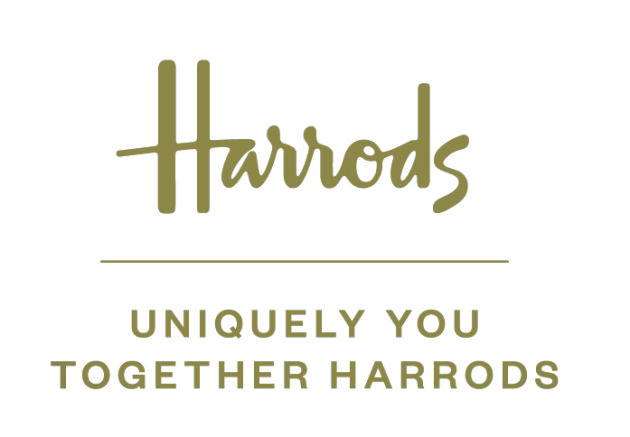
Flexibility and confidence key for advancing women in wine
Offering flexibility and encouragement, and supporting women-owned business were key to advancing women in the wine industry, the Women of the Vine & Spirits’ inaugural London symposium revealed.
Women and men gathered to have frank discussions about gender parity in the wine industry, and why women represent only 5.4% of CEOs in S&P 500 companies, while making up 44.3% of the total employees.
Women of the Vine & Spirits is only three years old, but the day-long event focused on the issue of equal representation in an industry which had no female students in the first year of the WSET diploma when it launched in 1969.
In 2017, 43% of diploma graduates were women.
Despite changing times, an expert panel noted that a lack of confidence and feeling under-qualified often persists among women in the industry.
Lulie Halstead, CEO of Wine Intelligence, recalled her some of her formative years in the wine business.
“I went to an all girls school and we were taught that we could challenge people. The head taught us there were no barriers, and that has been an important lesson for me. But before a global team meeting a few weeks ago, I challenged the team to submit Ted style talks.
“Of the 12 sessions, only one woman volunteered, whereas almost every one of the men volunteered. I thought everyone felt equal and valued but it comes down to confidence. It surprised me.”
Encouraging women by “gently prodding and pushing them out of their comfort zone” was sometimes necessary, said Halstead; while Beatrice Cointreau, owner and CEO of Champagne Tresor de France challenged the issue of lack of confidence among women and persistent feelings of being under-qualified.
“When a man is 60% sure of something, they will go for it,” she said. “When a women is qualified 90% for a job, she’s still not sure if she’s ready. Just go for it.”
“How could we not grapple with confidence given the past and present?” panel host Emily Saladino, executive editor at VinePair pointed out. “Men believe they have specialisms, whereas women have difficulty taking credit for their accomplishments. At Google, where I used to work, they teach you there is power in not knowing. Saying ‘I’m not sure how this works’ – there’s confidence in that.”
Supporting women in the workplace was also highlighted as a key way to retain staff and avoid high levels of turnover.
“Inclusion politics is just good business,” said Saladino.
Cointreau prides herself on her ability to retain in particular female staff through personal development.
The key, she said, was to meet regularly with employees and determine their individual needs to remain content and supported in their roles.
“I’ll ask ‘where do you want to be in three, five or 10 years?’ What do you want to be doing? What do you need?”
Halstead echoed this: “It comes down to that word again: flexibility. Also, understanding people’s values. Often that value isn’t money – and that’s true for men as well as women. There are great opportunities in our industry to travel and explore. A few years ago we started a travel scholarship, which challenged employees to go out into the wider world and bring back value for the company and their personal development. Find out what people value and align that with your business. That should be common to everyone.”
Keywords:
- wine
- Business
- industry
- key
- vine
- wine industry
- women
- flexibility
- encouragement
- fundamentals
- advancing
- supporting women
- owned business
- fundamentals key
- advancing women
- supporting women owned
- women owned business









